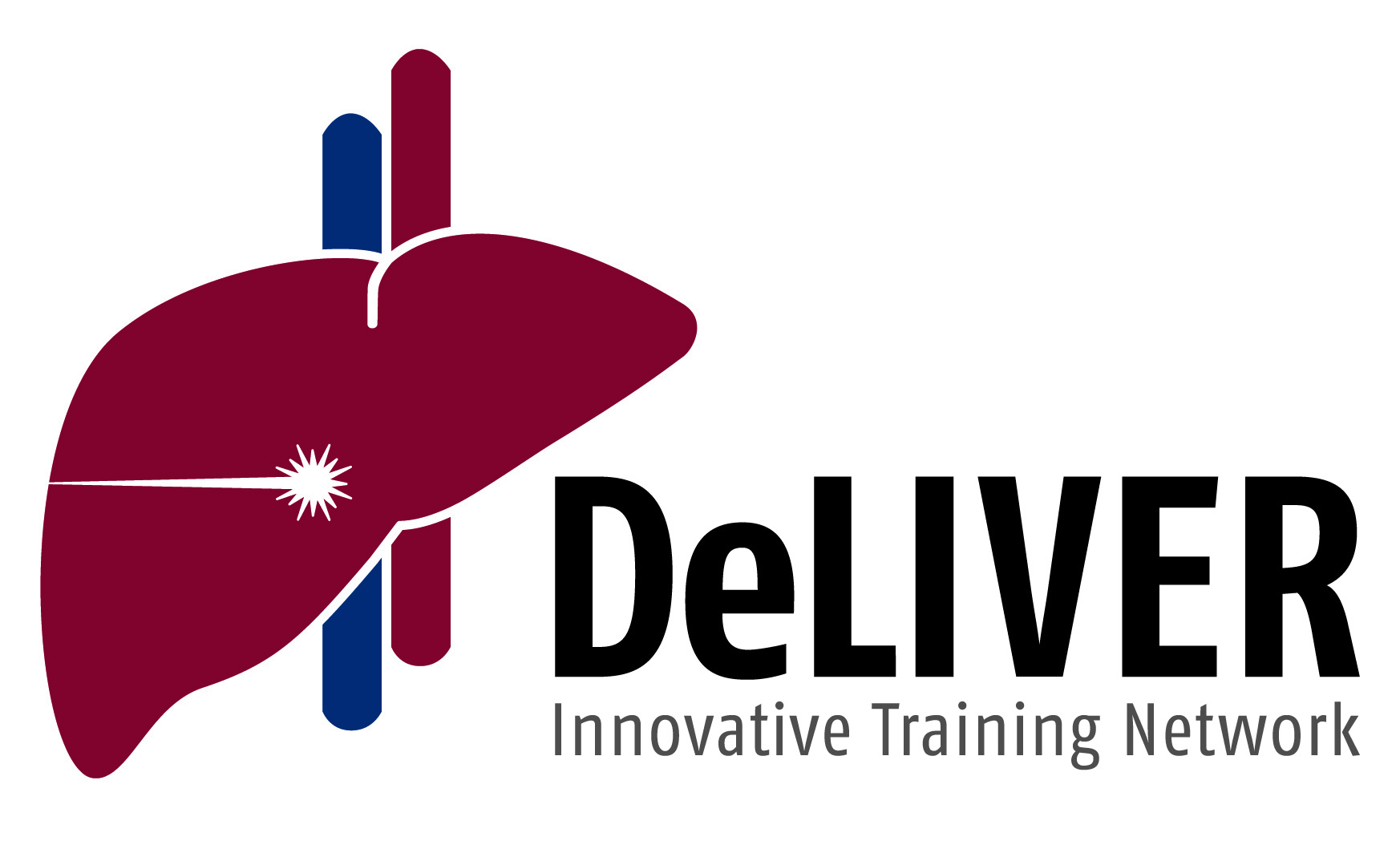|
High speed optical nanoscopy for the optimization of vesicle uptake by liver cells |
|
Project 5 - Jennifer Cauzzo University of Tromsø - The Arctic University of Norway |
|
Objectives: (1) real time nanoscopy study of LSEC-mediated uptake of vesicles (2) determination of intracellular fate and optimization of vesicle properties (3) determination of the factors affecting uptake, particularly gender, age and liver impairment (4) production of nano vectors for distribution across the network |
|
Expected Results: (1) Clear understanding of the fate of nano delivery systems and associated drugs in LSEC established (2) uptake with respect to bioavailability of vector-associated drugs optimized (3) toxicity and safety of nano delivery systems and their clearance in liver established (4) effects of gender, age and liver impairment on nano vector uptake, first step to individualized drug therapy established (5) effects on the morphology and function of isolated LSEC determined |
|
Project Lead: Early Stage Researcher:
JENNIFER CAUZZO PhD student, pharmacist Italian in Norway | 21/05/1993 +47 930 19 712 | +39 349 3099100 This email address is being protected from spambots. You need JavaScript enabled to view it. www.linkedin.com/in/jennifercauzzo |
Born and raised in Italy, Jennifer took a 5-years single cycle degree as a combined Bachelor and Master in pharmacy at the University of Padova (Italy). Working in a hospital pharmacy for few months got her closer to the field of pharmaceutical technology that she then chose as major. She did her experimental thesis as an Erasmus+ trainee at UiT The Arctic University of Norway, where she analyzed the physical chemistry of complexation equilibria with cyclodextrins. She obtained the state qualification for the profession of pharmacist and started her PhD project in nanomedicine with the Drug Transport and Delivery Research Group in Tromsø. As the pharmacist delivers medicines to patients, she is now working to deliver molecules of interest to the liver. She operates with lipid-based nanosystems, mainly liposomes, with the aim of investigating their interactions with the surroundings. First interest is the full characterization of marker-containing formulations and the comparison of technological outcomes (e.g. size, zeta-potential, dye-lipid interaction and stability) for different production methods. At the same time, much of her focus is on visualizing the fate of nanocarriers when in contact with cells. Her final goal would be following the internalization and intracellular pathways of her nanovectors in real-time nanoscopy.
|


